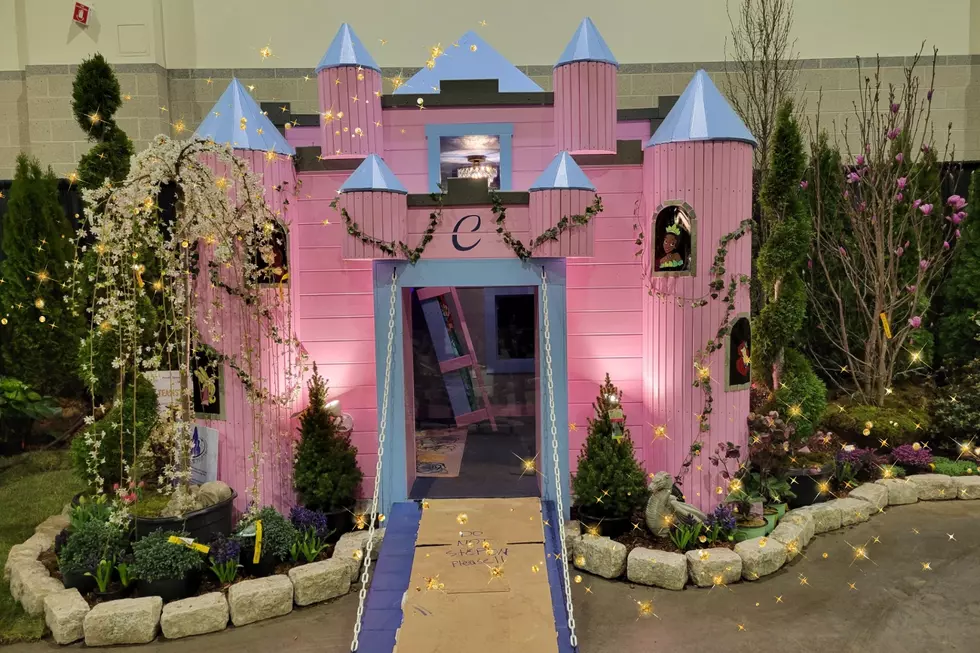
SouthCoast Hikers Must Watch Out for This Common Yellow Plant
Growing up in the woodland areas of the SouthCoast, I was always playing outside or in a cornfield. Going on hikes through the woods was a hobby of mine and I can't tell you how many times I've passed by this yellow plant without knowing what it is or what it can do.
It's called wild parsnip and although it's usually in rural areas such as Westport and Dartmouth, mostly in fields, there have been sightings in New Bedford, too. It's a raggedy weed that produces tiny yellow bunches of flowers at the top. It is however, not to be mistaken for cow parsnip, which produces white flowers.
"We have them wild in the area," said Brenden Buckless, Outreach and Stewardship Coordinator at the Westport Land Conservation Trust. "It's a bi-annual plant where the sap from the plant causes phytotoxic burns if exposed to the sun after skin contact."

Buckless compared it to milkweed, which is irritating, but not poisonous.
"It's important to remember that when walking around wetland areas with sandals, you're more likely to come in contact with these irritating plants," Buckless said. "Take for example the stinging nettle plant: it's going to feel like a bee sting if you brush up against it. Like I alway say, 'leaves of three, let it be.'"
Also, be weary when bringing your dogs on hiking trails or even when you let them out in your wooded backyard; they can also transmit the oils and the sap from these plants on their coat, so it's key to wash your hands thoroughly. If by accident you rub or touch your eyes, blindness can come as a result, so be cautious.
"Don't let it discourage you from going outside," Buckless said. "The best thing you can do is to know the plants and your surroundings and to not be afraid of it. Westport Woods is a great and safe place for families who want a nice manicured area, so they can enjoy the outdoors without these irritating plants."
LOOK: Here Are 30 Foods That Are Poisonous to Dogs
Welcome to the Jungle: Meet Kari's House Plants
More From WBSM-AM/AM 1420









